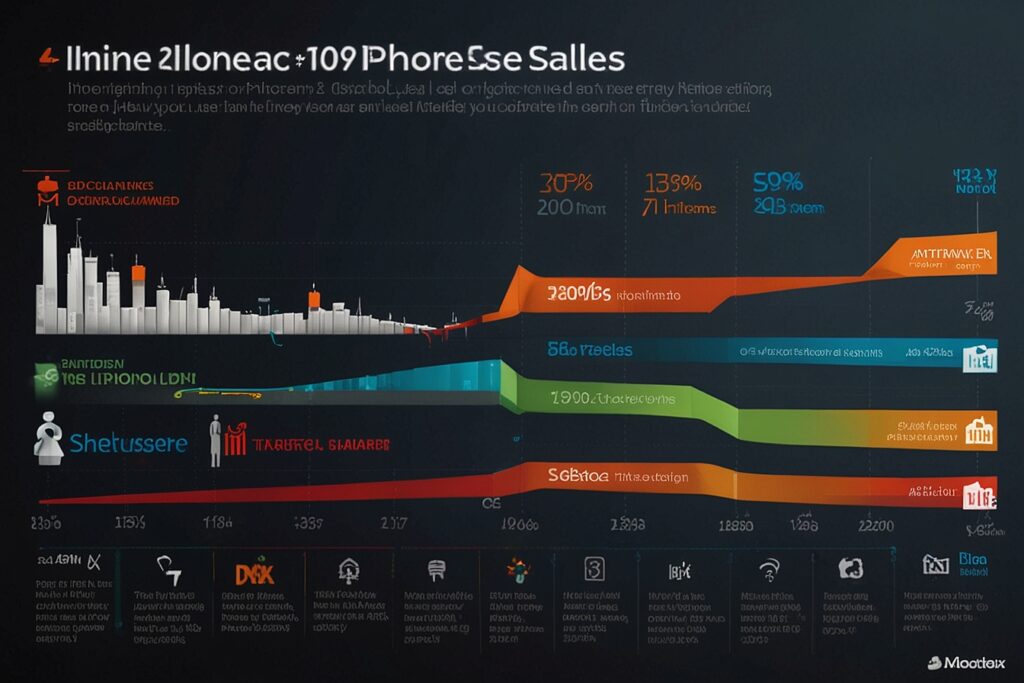
TL;DR
- Apple has now sold over 3 billion iPhones since 2007
- It took 9 years to reach 1B sales, and another 9 for the next 2B
- iPhone sales rose 13% YoY, generating $44.6 billion in Q3 revenue
- Apple’s stock is under pressure, falling behind Nvidia and Microsoft
- Some experts say Trump’s proposed tariffs may have fueled iPhone demand
A Historic Milestone in Mobile Tech
Apple CEO Tim Cook announced during the company’s Q3 2025 earnings call that Apple has officially sold over 3 billion iPhones since the product’s launch in 2007. This marks a major milestone for the world’s most iconic smartphone.
Apple sold its billionth iPhone in 2016 — meaning the next 2 billion units were sold between 2016 and 2025, in yet another 9-year stretch. The sales trajectory highlights both product longevity and global demand.
Revenue Up, Stock Rankings Down
Apple’s Q3 results revealed that iPhone sales rose 13% year-over-year, generating $44.6 billion, nearly half of its total quarterly revenue of $94 billion. This positive development comes despite mounting investor concerns about Apple’s declining dominance in tech stocks.
The company has slipped behind Nvidia and Microsoft in total market capitalization, reflecting a broader shift in investor sentiment toward AI and data infrastructure firms.
Trump Tariff Fears May Have Sparked iPhone Rush
Bloomberg’s Mark Gurman suggested that iPhone buyers may have rushed to upgrade amid fears of new import costs. In recent months, President Trump has floated the idea of imposing a 25% tariff on Apple products, which could sharply increase prices for American consumers.
Although the sales spike is promising, it may prove to be temporary if driven by anticipation of regulatory shocks.
The Data
| Metric | Value |
| Total iPhones Sold (2007–2025) | 3 Billion |
| First 1 Billion Milestone | 2016 (source) |
| iPhones Sold 2016–2025 | 2 Billion |
| Q3 2025 iPhone Revenue | $44.6 Billion (source) |
| Total Q3 2025 Revenue | $94 Billion (source) |
| YoY iPhone Growth | +13% |
| Apple’s Market Cap Rank | 3rd after Nvidia and Microsoft (source) |
| Potential Tariff Impact | 25% tariff proposed by Trump (source) |
What’s Next for Apple?
With the iPhone milestone achieved, Apple now faces a more uncertain environment. While the brand’s legacy remains strong, future performance may hinge on how it adapts to geopolitical risks, evolving supply chains, and shifting consumer demand for AI-powered mobile experiences.
Despite the stock market dip, Apple’s Q3 beat signals continued strength in its core product—at least for now.



